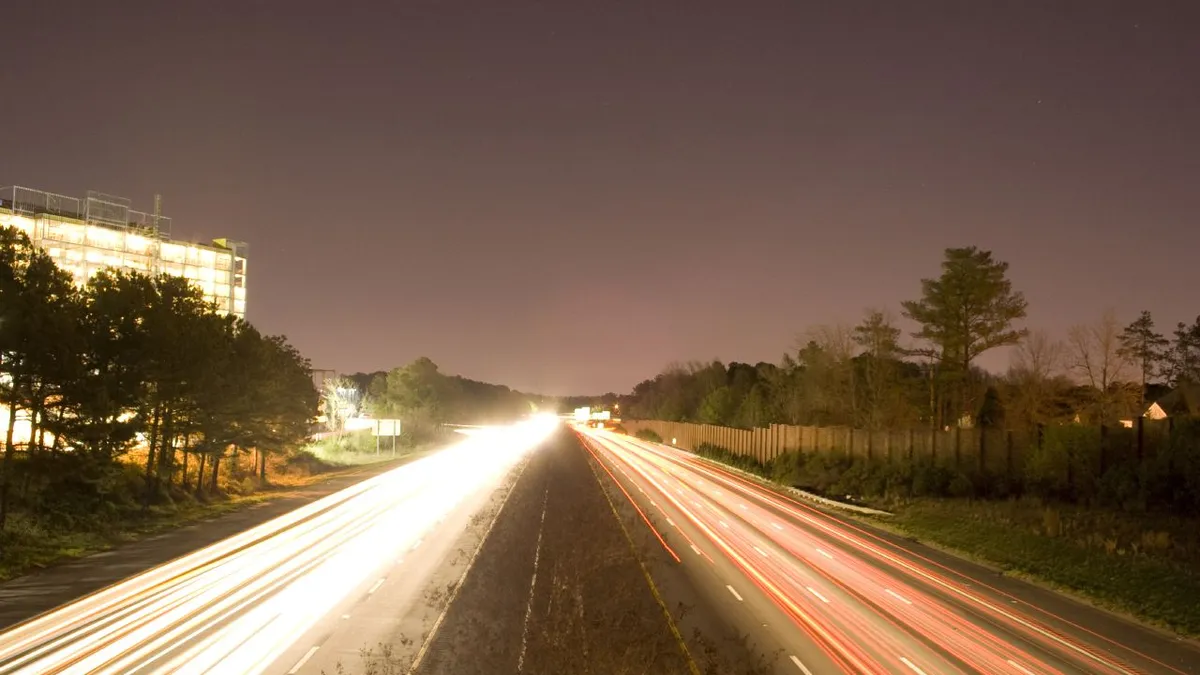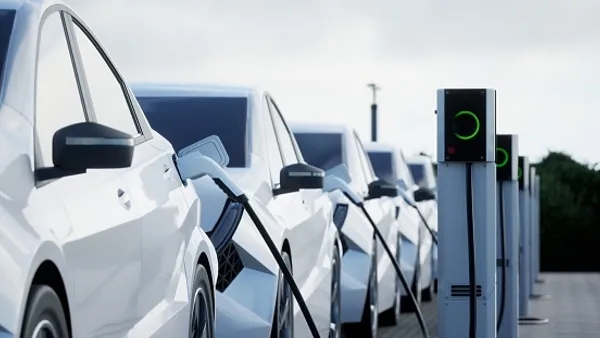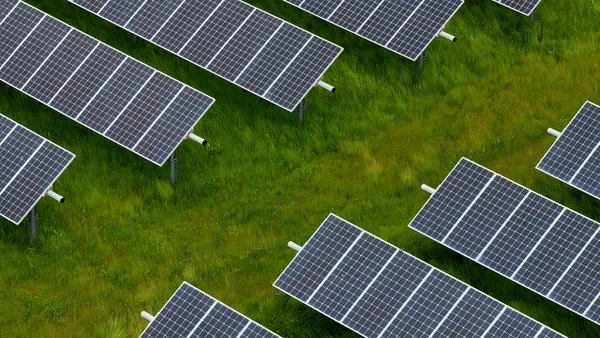Dive Brief:
- Utah lawmakers on Thursday passed legislation that would allow Rocky Mountain Power to invest $50 million in electric vehicle charging infrastructure, as part of the state's effort to grow adoption of emissions-free transportation. House Bill 396 now heads to Republican Gov. Gary Herbert's desk, where advocates say he is likely to sign it.
- Similarly, Florida lawmakers on Wednesday passed Senate Bill 7018 which directs the state's Department of Transportation to consult with the Public Service Commission, Office of Energy and other stakeholders to develop a long-term plan for electric vehicle infrastructure expansion.
- And in Washington, lawmakers on March 9 passed legislation to adopt California's existing zero-emissions vehicle mandate and require the state reach 8% EV sales by 2025.
Dive Insight:
State lawmakers took significant steps last week to bolster adoption of emissions-free transportation, in moves that could result in millions of dollars in charging infrastructure investment and more electric vehicles on the road.
According to PacifiCorp subsidiary Rocky Mountain Power, the Utah legislation will enable a "substantial reduction in vehicle emissions," which are the largest source of carbon emissions along its Wasatch Front metropolitan territory.
Emissions benefits would be "maximized" if PacifiCorp reduces its reliance on coal-fired power plants and adds more renewable energy, "so those electric vehicles could be charged on a clean electricity grid," Aaron Kressig, Western Resource Advocates' transportation electrification manager, said in a statement.
PacifiCorp last year announced a plan to add nearly 7,000 MW of renewable generation and storage capacity by 2025 and shut down 20 of its 24 coal-fired units by 2038.
The bill would also aid development of an electrified highway and interstate system across Utah, including rural areas, and advance the deployment of a statewide DC fast charger network. HB 396 aims to "make electric vehicle ownership more accessible for everyone in the state," Gary Hoogeveen, Rocky Mountain Power president and CEO, said in a statement.
According to the utility, customers are not expected to see increased bills, as funds from expiring programs will be redirected to meet the objectives of the legislation. If signed by the governor, Rocky Mountain Power would work on a transportation plan "over the next couple of months," company spokesperson Spencer Hall told Utility Dive.
Florida, Washington also pass EV legislation
Florida lawmakers took a similar approach, passing Senate Bill 7018 which directs state agencies to develop a long-term charging infrastructure plan.
The Florida House voted 97-19 in favor of the measure on Thursday, following a 38-0 vote by the Senate the previous week. The bill now heads to the desk of Republican Gov. Ron DeSantis.
The legislation is "an important step" toward boosting the use of EVs in the Sunshine State, Advanced Energy Economy Director Dylan Reed said in a statement. “Regulatory certainty for electric vehicle charging infrastructure will unlock investment in the state and make Florida a national leader on electrified transportation."
Data from the U.S. Department of Energy shows Florida has about 16,600 electric vehicles registered in the state.
Meanwhile, Washington ranks fourth in EV adoption nationally with 20,000 on the road, according to Consumer Reports. Legislation passed last week would add Washington to the roster of states joining California's Zero Emission Vehicle Program, which mandates a certain portion of vehicles sold be emissions free.
If signed by Democratic Gov. Jay Inslee, the bill would direct the Washington Department of Ecology to implement the program, including a mandate that 5% of automakers' sales are zero-emission vehicles by 2022.
“This is a big win for Washingtonians that will help deliver consumer, environmental, and public health benefits," Alfred Artis, policy analyst for Consumer Reports, said in a statement.














